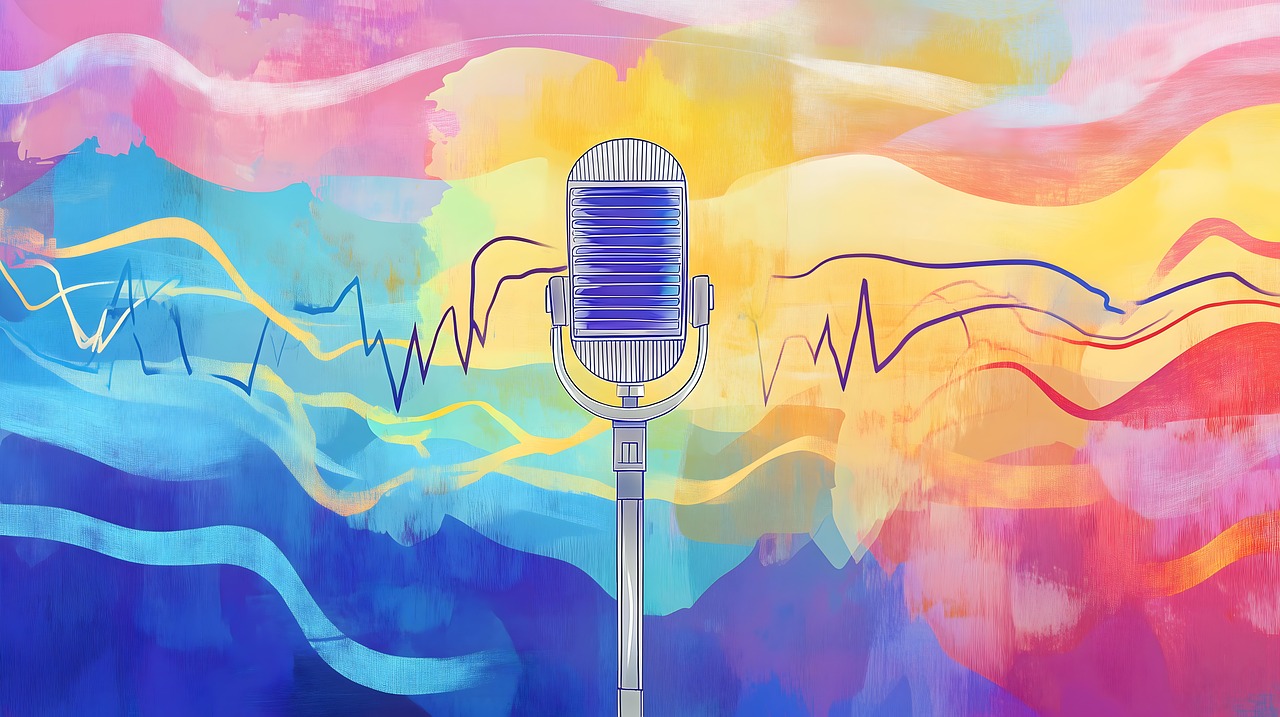Category: General
-

Short Sessions on the Principles of Trauma-Informed Teaching
This semester, we are pleased to continue our short sessions featuring the Principles of Trauma-Informed teaching. Offered on Teams throughout the year, these twenty-minutes sessions focus on one principle of Trauma-Informed Teaching. These principles act as a guide for post-secondary educators, encouraging us to consider the various ways our teaching can foster supportive environments for students…
-

Early Feedback Service
What Is the Early Feedback Service? The Early Feedback Service is a mechanism for gathering feedback from your students around midterm—before it is too late to make changes that might improve your students’ learning experience this semester. It allows VIU faculty members to conveniently capture anonymous information on how students are responding to an ongoing…
-

LEVEL UP: Professional Development to Support You This Reading Week
This Reading Week, Student Affairs, the Office of Diversity, Equity & Human Rights (DEHR), and the Centre for Innovation and Excellence in Learning (CIEL), are partnering to bring you the LEVEL UP Staff and Faculty Professional Development Series. Developed and facilitated collaboratively, the LEVEL UP series offers staff and faculty a variety of topics related…
-

VIULearn’s New Content Experience
Starting in the Fall 2026 semester, VIULearn will feature a redesigned interface. This “New Content Experience” is specifically designed to streamline navigation and make course materials easier to access for everyone. VIULearn is powered by D2L’s Brightspace platform. To help you prepare for the transition, we’ve provided two videos from D2L below that demonstrate the…
-

Designing Video Assignments
It’s the start of a new semester, which means it is a great time to explore new ways to engage students. Video assignments are an excellent tool for this, allowing you to leverage the learning technologies available to you at VIU. If you are thinking about creating video assignments for your course, consider the following:…
-

VIULearn Student Orientation & Other Learning Tools – Spring 2026
The Centre for Innovation and Excellence in Learning supports students and faculty with the learning technologies available at VIU, especially our online course platform VIULearn. We created this helpful blog post and recorded the orientation so new and returning students can take in this information whenever is convenient & as many times as they’d like.…
-

A new look coming to VIULearn for Fall 2026
There is a major update coming to the VIULearn Content tool for the 2026-2027 academic year. This new Content experience is designed to streamline the student experience in VIULearn. Over the next several months there will be opportunities for you to try out the new Content experience for yourself and ask any questions you have…
-

Welcome to VIU: CIEL Consultations for New Instructors
Welcome to teaching and learning at VIU! The Centre for Innovation and Excellence in Learning (CIEL) is inviting any new teaching faculty member or sessional instructor to connect with us for a dedicated one-on-one consultation on teaching and learning at VIU. You can book your consultation by emailing learnsupport@viu.ca. What is the CIEL? The CIEL…
-

Subscribe to the CIEL Newsletter
Did you know that the Centre for Innovation and Excellence in Learning (CIEL) has its own bi-weekly newsletter for employees? The CIEL newsletter contains information on the following topics: Faculty members are automatically subscribed to the CIEL newsletter. If you did not receive the newsletter last Tuesday or if you are not a faculty member…
-

CIEL Update: New Directions in Teaching and Learning Support
Like many of our colleagues across campus, the CIEL continues to adjust and evolve in the midst of structural changes and a shifting higher education landscape. But throughout its history at VIU, the CIEL has consistently demonstrated agility, commitment, and creativity in challenging times. We’d like to share with the community some new directions and changes that we are working on to support teaching and learning across VIU. Leadership In March, 2025, oversight…
-

Experiential Learning Resources to help you this semester
This is a guest blog post, written by our colleagues at the Centre for Experiential Learning. You’re already familiar with the great work of CIEL in supporting VIU faculty with curriculum and learning technologies, but you may not know that the Centre for Experiential Learning (CEL), also provides services to faculty. Don’t be confused by…
-

GenAI@VIU: In Conversation with Julia Hengstler
Julia Hengstler is a professor and educational technologist in VIU’s faculty of education. In this episode, Julia tells us about how using generative AI tools can enhance teaching by enabling personalized content, reimagined assessments, and improved efficiency. We also hear how avoiding AI in education raises ethical concerns, as it can limit students’ learning and…